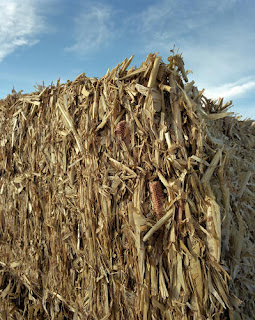Fuel from fiber -- pretreatment can put corn stalks, trees in your car's tank
BOSTON -- "Put a tree in your tank." Fuel companies aren't touting that slogan. At least not yet.
But thanks to research done in part by Bruce Dale, Michigan State University professor of chemical engineering and materials science, making fuels from poplar trees and corn stalks is becoming more efficient and cost-effective.
"In time, we can expect to completely replace gasoline and diesel with cellulose-derived biofuels that are cheaper, better for the environment and much better for national security than petroleum-derived fuels," Dale said. ###
Contact: Bruce Dale bdale@egr.msu.edu 517-896-7264 Michigan State University, Contact: Jamie DePolo, Office of Biobased Technologies: (609) 354-8403, cell phone, depolo@msu.edu
This research is supported by the U.S. Department of Agriculture, the U.S. Department of Energy, Natural Resources Canada and the Michigan Agricultural Experiment Station at MSU.
Technorati Tags: ethanol production and biofuels or corn-based ethanol and Bioenergy Biomass or Twenty in Ten Initiative and Chemical Engineering or Samuel W. Bodman and cellulosic ethanol or Energy Efficiency and Department of Energy or cellulose in corn and Michigan State University












